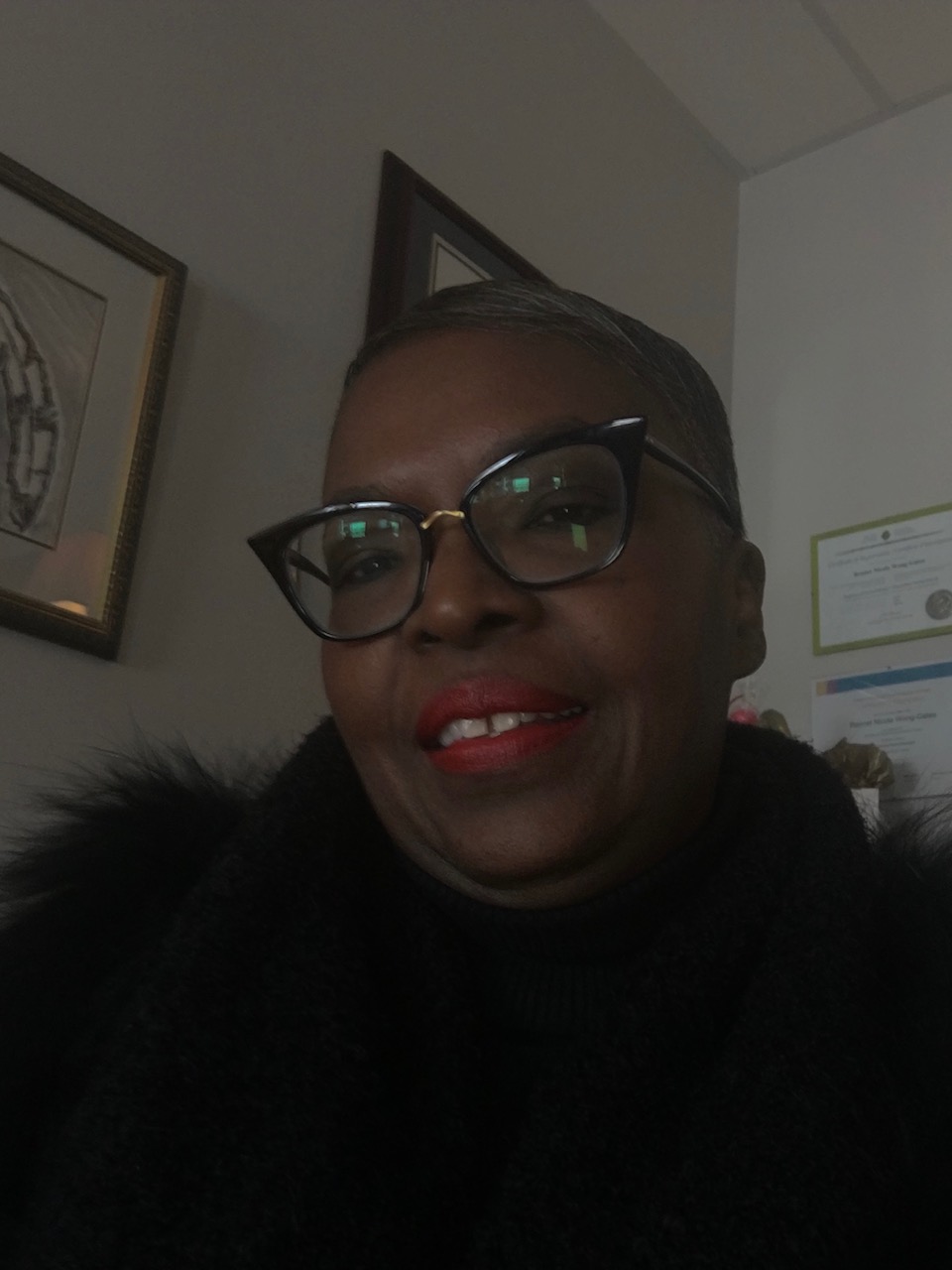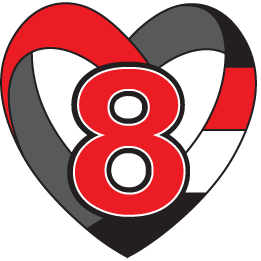
News & Events

Did you know Cam's Kids has an Ask the Experts page? This is a free, 100% anonymous resource where anyone can ask their anxiety (or mental health) related question. We then direct the question to one of our incredible experts on our panel to answer. Once we have received an answer, we post it on our website for all to read. We are honoured to have a wide range of experts on our panel, from psychotherapists, to social workers, to reiki practitioners, to naturopathic doctors, to pharmacists, and so much more.

Cam's Kids is honoured to announce that we have brought on a new expert - Rennet Wong-Gates. We encourage you to read her story below to learn more about Rennet and her practice. She is an incredibly compassionate, knowledgeable individual, and someone we are extremely excited to work alongside for the years to come.
Rennet's Story

I arrived in Canada at the age of 17. As a teen in a new home, my life was filled with uncertainties and challenges. It was at this young age I realized the importance of seeking support and the positive impact it can make in our lives. I truly believe we can all benefit from quiet guidance at times to help keep our lives on track. We all need to find a sense of connection with ourselves and others to build environments where we feel supported.
My sensory connection coming to Canada was to see, smell, taste, touch and create the familiar ingredients of the foods of my homeland. Without knowing, this supported the transition to my new country. I worked as a chef in my first career, building internal and external connections of safety until I learnt the language of health and mental health.
As a woman of colour working in environments where others do not often look like me, I have been fuelled by my desire to understand the systemic racism I and the many of the clients I have worked with have experienced. Understanding the language of experience from the skin I live in means I sometimes feel I cannot reach out for my own support, that I have to work harder, that nothing I do may be enough. Safe places where I can feel a sense of belonging are important to me. It can be complicated for people of colour to access help. Mental health institutions often do not fully recognize racism as a relevant systemic issue in organizational culture, human resources, clinical services, research, and community partnerships. This is reflected in a lack of strategies, resources, and access to mental health services for members of racialized communities (Kafele, 2004).
All lived ethnic differences and experiences are held in the body. People of colour can benefit from working with the mind/body as one. Historical pain and ongoing marginalized experiences can become lodged in our nervous system. Here it can do untold damage and bring on multiple health and mental health challenges. Studying African Psychology is one way I honour the richness and wisdom of the teachings of our ancestors. This healing community can offer strength, build resilience, and create a sense of belonging so we can continue to pursue our goals and dreams.
For our children and youth of today we want to create hope that they can become anything they want to be. However, we have to connect them and go into the heart of the pain of themselves that retained historical trauma. This continues to be experienced in multiple places as implicit, explicit, conscious, and unconscious messages of not fitting in, of not feeling we have earned the right to sit at the table, that we have to strive to be even better to be enough. This results in internalized messages from the interactions we receive as children, youth and adults in the context of our communities of work, school and the larger society in different arenas.
I have over eighteen years of experience in the social service field providing individual and group counselling to children, youth, families and adults. I have worked with two school boards, various community agencies, and hospitals. I teach at the University of Toronto.
My degrees are BA (Sociology) from the University of Toronto, BSW (Social Work) from the University of Victoria, and MSW (Master of Social Work, Dean’s List with a specialization in Health and Mental Health) from the University of Toronto. I also hold several certifications in therapy modalities.
I am a member in good standing with the Ontario College of Social Workers and Social Service Workers and a registered Psychotherapist with the College of Registered Psychotherapists of Ontario. I am also a Somatic Experience Practitioner and Certified Compassionate Inquiry Practitioner.
I am committed to ongoing training in evidence-based treatments and I work using a variety of therapy techniques. My specialties are Psychodynamic Psychotherapy, Dialectical Behaviour Therapy, Cognitive Behaviour Therapy, and Emotion Focused Therapy in a context of trauma-informed treatment and Brain-Based Therapy. These strategies combined with my innate style of connecting with others has rewarded me with countless positive therapist/client relationships.
My presence as a therapist is to be a key facilitator to help guide my clients to use their courage and commitment to repair life ruptures and reestablish awareness of body, mind, and spirit. I strive to help my clients gain the knowledge and the ability to push themselves to new limits within a context of change and support. The therapeutic relationship is how we do this. I work hard to understand the perspective of my clients.
Years of formal education and training in evidence-based therapies adds to my innate style of connecting with others. People say they find my style of rapport comforting, insightful, non-judgmental, and supportive. We can all benefit from quiet reminders every now and then. We all need to find a sense of connection with others and develop environments where we feel validated. Part of therapy is learning strategies and skills to understand intergenerational patterns of relating to others that may have resulted in ways of coping that no longer meet our needs.

Don't see what you're looking for? Send us an email!
©Copyright 2024 Cam’s Kids powered by Kids Help Phone
Not-for-Profit Organization. B/N: 921508-5
Thanks for visiting Cam's Kids. Please remember...
Cam's Kids is not a service provider.
If you are in crisis, please call 911 or go to your nearest emergency department. For free, confidential counselling, contact Good2Talk or Kids Help Phone.
Post-secondary students: find your local crisis resource here.





